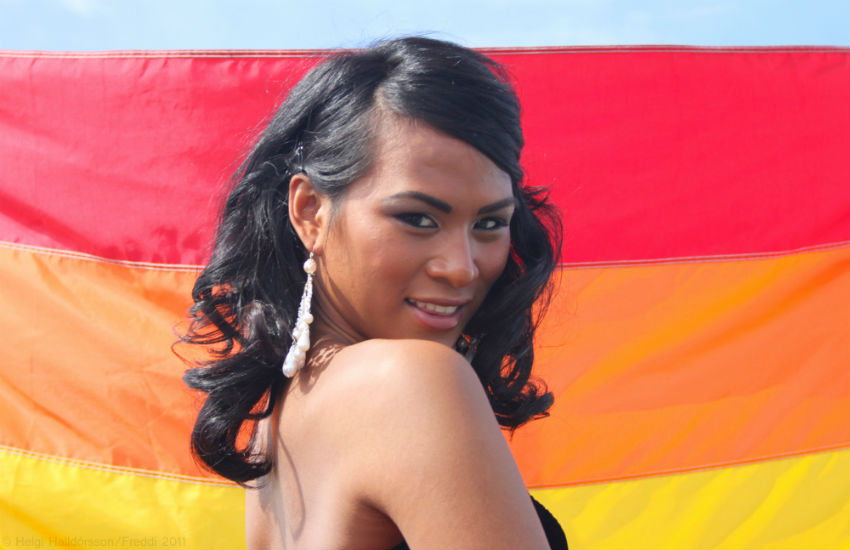Reykjavik Pride in Iceland. | Photo: Helgi Halldórsson / Flickr
Iceland just topped a list of the fastest growing countries for LGBT acceptance.
New research from the Williams Institute at UCLA School of Law analyzed data from 141 countries.
Since 1980, average levels of acceptance for LGBT people and rights have increased globally. But it’s also very polarizing, increasing in the most accepting countries and decreasing in the least.
The Global Acceptance Index (GAI) collates data to analyze social attitudes to LGBT people.
It found 80 of 141 countries experienced increases in acceptance since 1980, but decreased in 46 countries.
It also revealed 15 countries experienced no change at all.
A breakdown of the best and worst countries
The data analyzes social attitudes between 2004 to 2008 and then 2009 to 2013.
Breaking it down into each country, Iceland is the clear winner.
This is because same-sex sexual activity has been legal since 1940, then came a host of LGBTI legislation in the 90s and 00s. Among these are equal age of consent, anti-discrimination laws, same-sex marriage, adoption and rights to change legal gender.

Vala Grand from Iceland. | Photo: Helgi Halldórsson / Flickr
Then comes the Netherlands, Sweden, Denmark, Andorra and Norway. At the bottom of the list and representing a decline in social attitudes is Azerbaijan, Georgia, Saudi Arabia, Bangladesh and Egypt.
Surprisingly, there are some countries where attitudes to LGBT people remained the same over the last almost 40 years. These include Bolivia, Bulgaria, El Salvador, Estonia, and Venezuela.
Social attitudes can have a positive trickle down effect when it comes to impacting economic growth.
Lead author M.V. Lee Badgett said: ‘Social and legal inclusion has implications for global economic development policies.
‘Programs that reduce violence, stigma and discrimination against LGBT people and policies that enhance access to education and health care will allow LGBT people the opportunity to realize their full economic potential, which will benefit the overall economy.
See the full list.







